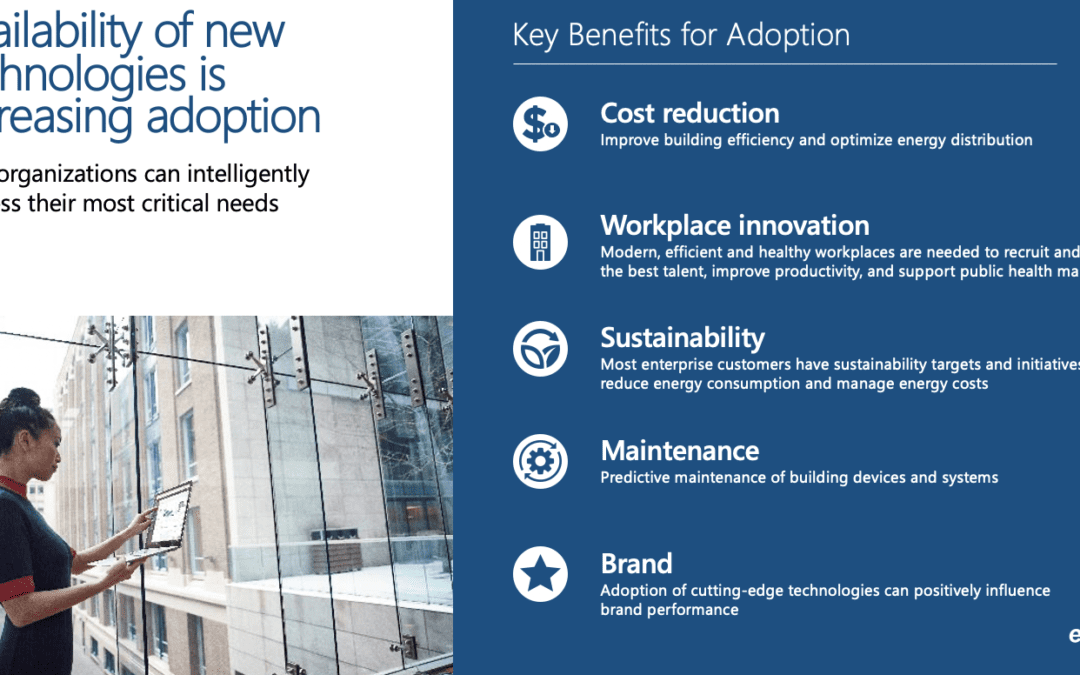The world’s energy crisis has led to a push towards renewable energy sources. Emerging technologies have created solutions that hold great promise to reduce the world’s reliance on limited and harmful fossil fuels. Ten of these cutting-edge technologies include smart grids, energy storage, artificial intelligence (AI), electric vehicles (EVs), hydrogen fuel cells, sustainable biofuels, magnetic refrigeration, solar windows, fusion energy, and green buildings. These technologies provide clean, renewable, and efficient energy solutions that reduce greenhouse gas emissions and benefit the environment. As the world continues to develop these technologies, a sustainable world with clean energy for everyone is possible.
10 Cutting-Edge Technologies That Could Transform Energy Consumption
The world is facing a severe energy crisis- powering everything from light bulbs to factories and transportation. Energy consumption is an essential aspect of human civilization, and society’s reliance on limited resources such as oil, coal, and gas is placing a significant burden on the environment.
The scarcity of conventional energy resources and their negative environmental impacts have spurred a growing interest in clean, renewable energy sources. In recent times, technology has made significant strides in providing sustainable energy alternatives.
Here, we take a look at ten cutting-edge technologies that could transform energy consumption.
1. Smart Grids
Smart grids are one of the most promising technologies in the energy sector. They use advanced communication and control technologies to optimize energy consumption, improve energy efficiency, and reduce carbon emissions. These grid networks intelligently distribute energy based on demand, which results in increased efficiency and flexibility.
2. Power Storage
Energy storage technology is growing at a rapid pace, and it’s no secret that efficient storage solutions are the key to a renewable energy future. Advances in energy storage technology have resulted in new and more efficient battery systems capable of storing excess energy generated by renewable sources. This technology will help to eliminate the dependence on fossil fuels and provide backup power during energy fluctuations.
3. Artificial Intelligence
Artificial intelligence (AI) has enormous potential to revolutionize the energy sector. AI-powered solutions and algorithms can optimize energy production, consumption, and distribution, improving overall efficiency and reducing carbon emissions. AI can also predict weather patterns and energy demands, providing valuable insights into future energy consumption.
4. Electric Vehicles
Electric vehicles (EVs) are rapidly growing in popularity, and for a good reason. They are energy-efficient, produce little or no emissions, and have very low running costs compared to conventional vehicles. The growth of EVs could have a significant impact on global energy consumption, reducing our dependence on fossil fuels.
5. Hydrogen Fuel Cells
Hydrogen fuel cells offer a clean and renewable alternative to combustible fossil fuels. Fuel cells produce electricity through an electrochemical process, with hydrogen and oxygen producing water as a by-product. Hydrogen fuel cells can power a range of devices, from cars to homes, with zero emissions.
6. Sustainable Biofuels
Sustainable biofuels offer an alternative to conventional fossil fuels, and they can be derived from a range of sources, including algae, crops, and waste. Biofuels have significantly lower carbon emissions compared to fossil fuels, and they can also be produced locally, decreasing dependence on foreign energy sources.
7. Magnetic Refrigeration
Magnetic refrigeration is a promising alternative to conventional refrigeration systems. This technology uses magnetic fields to manipulate the temperature of materials, eliminating the need for refrigerants that can be environmentally damaging. Magnetic refrigeration will significantly reduce energy consumption and greenhouse gas emissions, making it an exciting technology for the future.
8. Solar Windows
Solar windows can turn any building into a clean energy generator. Solar Window Technologies are inserting transparent films that generate positive electrical charges from the sun. The charges then pass through a circuit to generate electricity or charge the battery that is built into the building.
9. Fusion Energy
Fusion energy is the holy grail of clean energy. It is a nuclear-based energy source without the harmful emissions associated with fission-based nuclear energy. Fusion energy works by combining light elements, releasing a large amount of energy in the process. While the technology is still in its infancy, it has the potential to provide clean and nearly limitless energy.
10. Green Buildings
Green building technology focuses on reducing the environmental impact of buildings. Energy-efficient building designs, sustainable materials, and renewable energy sources are all aspects of green building technology. These buildings will reduce energy consumption and greenhouse gas emissions, benefiting the environment and our wallets.
In conclusion, these ten cutting-edge technologies have enormous potential to transform the energy sector. The future of energy lies in advancements that shift attention away from limited and harmful fossil fuels towards renewable and clean sources. With the continued development of these technologies, we can create a sustainable world with clean energy for everyone.
